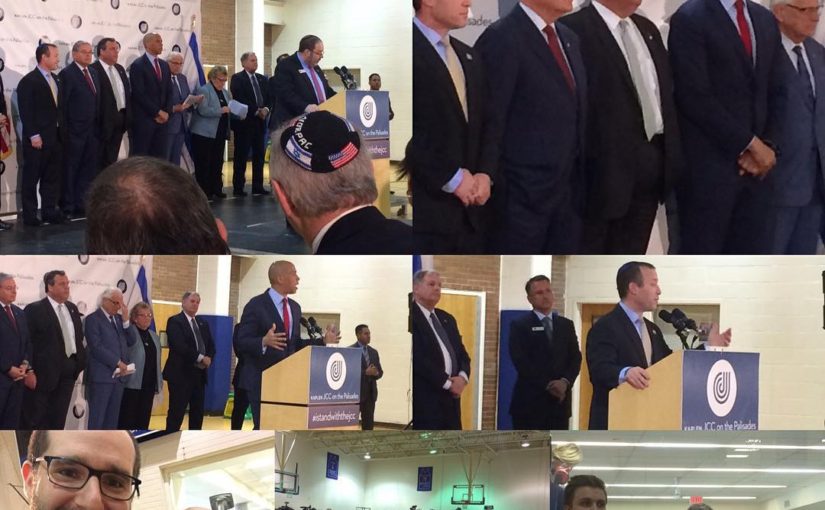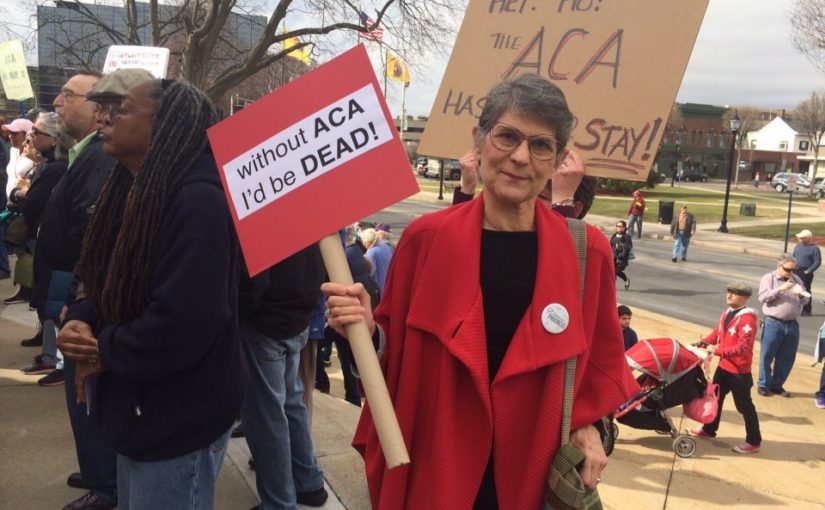The First Reading is Exodus 17:1-7.
Our Mid-Week Lenten Soup & Study this year is combining decluttering with Luther’s Small Catechism. Both movements, I think, asks us to change how we view our stuff and our faith. Decluttering isn’t about throwing things away; decluttering is about what we keep. Luther’s faith is centered on keeping close to a God who keeps us close. Our journey of faith isn’t helping us approach God. Faith is helping us see the God who is already with us.
One way we see God is by telling the stories of the people we grew up with. We share stories about our parents, grandparents, and distant ancestors (if we know them). When we talk to someone who doesn’t know us very well, we might focus on the positive stories first. We talk about challenges that were overcome and all the good things that happened. We wait to share the negative things (violence, anger, frustration, broken relationship) until later.
But our story from Exodus 17 doesn’t do that. The Israelites are rescued from slavery by God. They go into the wilderness to escape Pharaoh and his army. They overcome exciting challenges. They are doing a new thing. We expect to hear stories showing how they survived and thrived. But should we also hear their complaining? Why does scripture share their screw ups? The stories we tell (or share on facebook, instagram, and snapchat) are stories where we try to look our best. We usually do not share our negative stories. But God’s story includes people who complain, people who are thirsty, and people who wonder what God has done for us lately. When we are at our most broken and even we wouldn’t stay near us, God still holds us close. God doesn’t ask us to only share perfect stories. We are called to share every story because God is with us, even then.
Each week, I write a reflection on one of our scripture readings for the week. This is from Christ Lutheran Church’s Worship Bulletin for 3rd Sunday in Lent, 3/19/2017.


